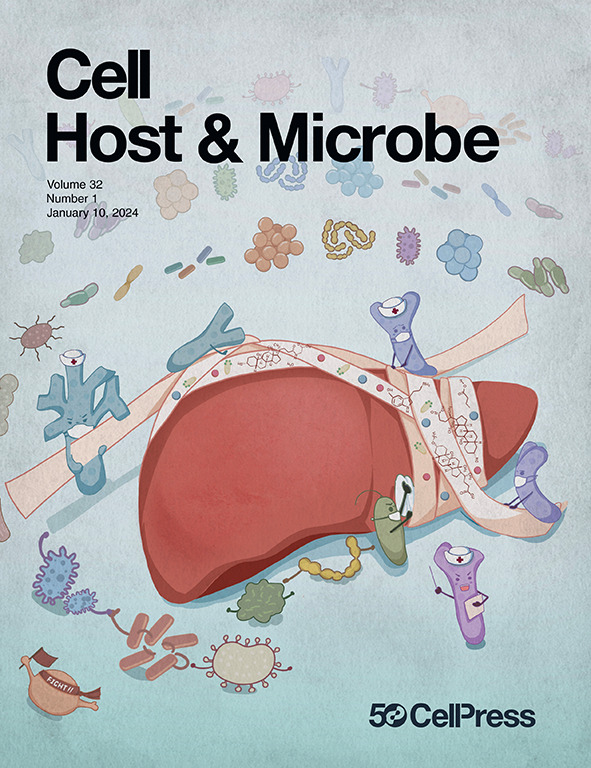Born to rewild: Reconnecting beneficial plant-microbiome alliances for resilient future crops
IF 18.7
1区 医学
Q1 MICROBIOLOGY
引用次数: 0
Abstract
Plant domestication is a coevolutionary process shaped by human selection, favoring traits supporting modern-day agriculture. This process has reduced genetic diversity and fixed alleles for desirable traits, coinciding with changes in agricultural practices, particularly soil tilling, crop monocultures, and the (over)use of fertilizers and pesticides. The combined effects—collectively termed “domestication syndrome”—have contributed to the homogenization of soil and plant-associated microbial communities, reducing diversity and disrupting beneficial plant-microbiome alliances. Microbiome rewilding has uncovered ecological, genetic, and molecular principles underlying these depleted plant-microbiome partnerships. Studies have revealed ancestral microbial taxa enriched in wild crop relatives, plant genes, and metabolites critical for microbial recruitment, as well as the potential of reintroducing microbes to enhance nutrient uptake, pathogen resistance, and stress tolerance. These findings offer models for restoring such interactions in modern crops. We review the current state of crop microbiome rewilding and highlight how these discoveries are instrumental for designing resilient crop systems.为重新野生而生:重新连接有益的植物-微生物联盟,以实现有弹性的未来作物
植物驯化是一个由人类选择形成的共同进化过程,有利于支持现代农业的性状。这一过程减少了遗传多样性,并固定了理想性状的等位基因,与此同时,农业实践也发生了变化,特别是土壤耕作、作物单一栽培以及化肥和农药的(过度)使用。这些综合效应——统称为“驯化综合征”——导致土壤和植物相关微生物群落的同质化,减少了多样性,破坏了有益的植物-微生物群落联盟。微生物群落的回归揭示了这些枯竭的植物-微生物群落伙伴关系背后的生态、遗传和分子原理。研究揭示了富含野生作物近缘种、植物基因和对微生物招募至关重要的代谢物的祖先微生物分类,以及重新引入微生物以增强营养吸收、病原体抗性和抗逆性的潜力。这些发现为在现代作物中恢复这种相互作用提供了模型。我们回顾了作物微生物群野化的现状,并强调了这些发现如何有助于设计有弹性的作物系统。
本文章由计算机程序翻译,如有差异,请以英文原文为准。
求助全文
约1分钟内获得全文
求助全文
来源期刊

Cell host & microbe
生物-微生物学
CiteScore
45.10
自引率
1.70%
发文量
201
审稿时长
4-8 weeks
期刊介绍:
Cell Host & Microbe is a scientific journal that was launched in March 2007. The journal aims to provide a platform for scientists to exchange ideas and concepts related to the study of microbes and their interaction with host organisms at a molecular, cellular, and immune level. It publishes novel findings on a wide range of microorganisms including bacteria, fungi, parasites, and viruses. The journal focuses on the interface between the microbe and its host, whether the host is a vertebrate, invertebrate, or plant, and whether the microbe is pathogenic, non-pathogenic, or commensal. The integrated study of microbes and their interactions with each other, their host, and the cellular environment they inhabit is a unifying theme of the journal. The published work in Cell Host & Microbe is expected to be of exceptional significance within its field and also of interest to researchers in other areas. In addition to primary research articles, the journal features expert analysis, commentary, and reviews on current topics of interest in the field.
 求助内容:
求助内容: 应助结果提醒方式:
应助结果提醒方式:


